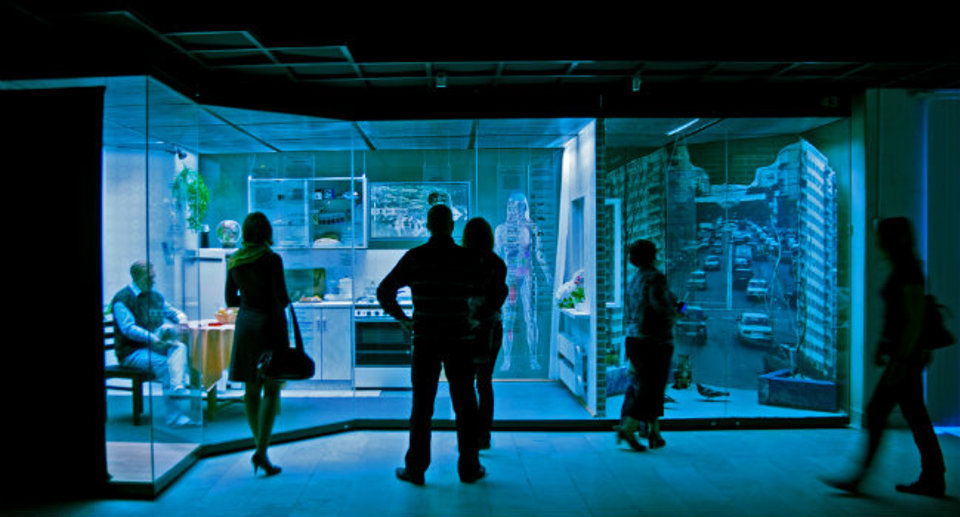About the project
Living labs are an increasingly important experimental research and innovation method that engage users as co-creators of new technologies, products and services in open real-life communities and settings. They are part of a new trend to involve users more actively and earlier in product development rather than to develop new technologies in closed laboratories distant from users. A lot of hopes are invested in this new form of knowledge production, particularly when it comes to complex technological systems and smart technologies, which are the concrete realization of living labs that we focus on in this project. In spite of living labs' great promises, we know very little about their effects, the involved researchers and participants, and the experiences and imaginative horizons that they bring about. Living labs do not only bring users into product development but also product development into society and make their potentials, controversies and possible conflicts a public and political matter. This research project aims to first explore the knowledge practices implied in living labs as a research and development concept for the production of future technologies and analyse the complex interactions between different agents involved in the setup and functioning of living labs (researchers, technicians, public institutions, private companies, citizens, etc.). Second, we will develop an interventionist ethnographic approach, so that living labs can function as political platforms to deal with technological matters of public concern. The project operates at the intersection of anthropology, science and technology studies (STS) and co-design.
A PhD project (conducted by member of the TANT research group Andreas Brandt) supervised by the project’s PI Maja Hojer Bruun forms the core of the research project. The research project will achieve synergy with the Research Network for the Anthropology of Technology (managed by Maja Hojer Bruun) by contributing with cutting edge research in datafication, infrastructures and design anthropology and profiting from the network's seminars and research environment.
For more information on the project, please go to Independent Research Fund Denmark’s case description. Or contact Maja Hojer Bruun.
Beskrivelse af projektet på dansk
Projektet adresserer både videnskabelige og samfundsmæssige udfordringer, der knytter sig til living labs som forsknings- og udviklingsmetode. Living labs er en i stigende grad udbredt designmetode, hvor brugere inddrages i produktudvikling gennem åben og aktiv testning og co-creation/samskabelse af ny teknologi deres hverdagsliv og i lokale omgivelser, frem for at udviklingen af ny teknologi sker i lukkede laboratorier fjernt fra brugerne. Selvom produktudviklingen dermed er flyttet ud i samfundet, og living labs er forbundet med store forhåbninger, fx om at de kan bidrage til at designe fremtidens intelligente el-systemer, som dette projekt tager op som case, ved vi ikke så meget om dem og de aktører, der er involveret i dem. Vi ved heller ikke, hvilke erfaringer og forventninger til fremtiden de er skabt af og skaber. Projektet sigter dels mod at undersøge den vidensproduktion, som sker gennem living labs, og dens effekter for udviklingen af ny teknologi, dels mod at videreudvikle living labs som interventionistisk metode, så deltagerne udover at teste ny teknologi også inddrages som medborgere og får mulighed for at deltage i living labs som demokratiske fora. Projektet opfylder således ikke kun behovet for at integrere humanistiske analyser i udviklingen af bæredygtig og socialt robust teknologi, men også for at skabe nye teorier, begreber og metoder til at forstå nye teknologiske systemer samt at give folk mulighed for at deltage i en vedkommende offentlig debat om dem.
